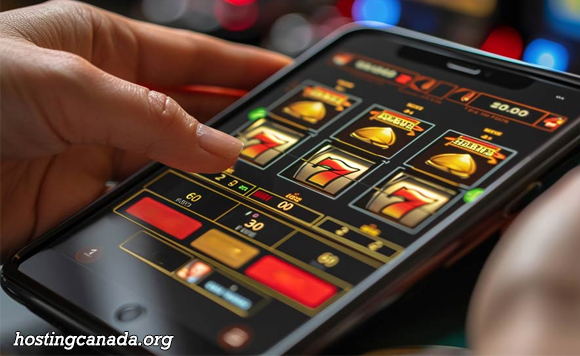President Ferdinand R. Marcos Jr. will not act in haste on the growing calls to impose a total ban on online gambling, as he sees the need for a thorough study to determine the potential impact of the proposal on the country.
Malacañang made the stand after some lawmakers expressed disappointment over Marcos’ alleged failure to discuss the issue of online gaming during his fourth State of the Nation Address (SONA) on Monday.
In a press briefing, Palace Press Officer Claire Castro cited the need to determine the root of the online gambling addiction problem. “We must first know where the problem lies. Is it in licensing, online gambling app or in the unlicensed sites. So, we must know where our countrymen are getting addicted to gambling. Is it because of the illegal gambling apps?” she asked.
Calls to regulate online gambling amid concerns over the rise in Filipinos getting hooked on gaming sites are mounting, Castro said the possible impact of the proposal on the Philippine economy must also be taken into consideration.
“This should be studied carefully, If we immediately remove online gambling and other licensees are affected, it will affect the humanitarian assistance to the country, particularly students, and Filipinos needing hospta care,” she said.
“The President cannot act in haste here. It should be studied because in reality, the revenues provided by the licensees of online gambling provide assistance to the citizens.” Gross gaming revenue reached P410 billion in 2024, with e-games and e-bingo generating P154.41 billion or a 165 percent year-on-year increase, data from the Philippine Amusement and Gaming Corporation (PAGCOR) showed.
PAGCOR has already ordered the immediate dismantling of all billboards and out-of-home (OOH) gambling advertisements in its intensified efforts to regulate gambling-related promotions in public spaces. It has also signed a memorandum of understanding with the Standards Council (ASC) for the regulation and pre-screening of gambling-related advertisements across all media platforms.
The Department of Information and Communications Technology’s (DICT) Cybercrime Investigation and Coordinating Center has also directed social media influencers to take down content promoting illegal online gaming platforms.
To date, the DICT has already taken down around 7,000 unauthorized online gaming sites identified by PAGCOR. (With PNA)
